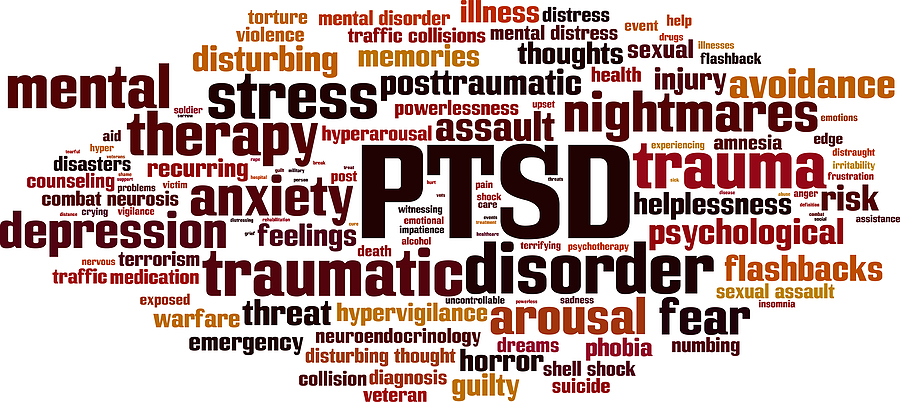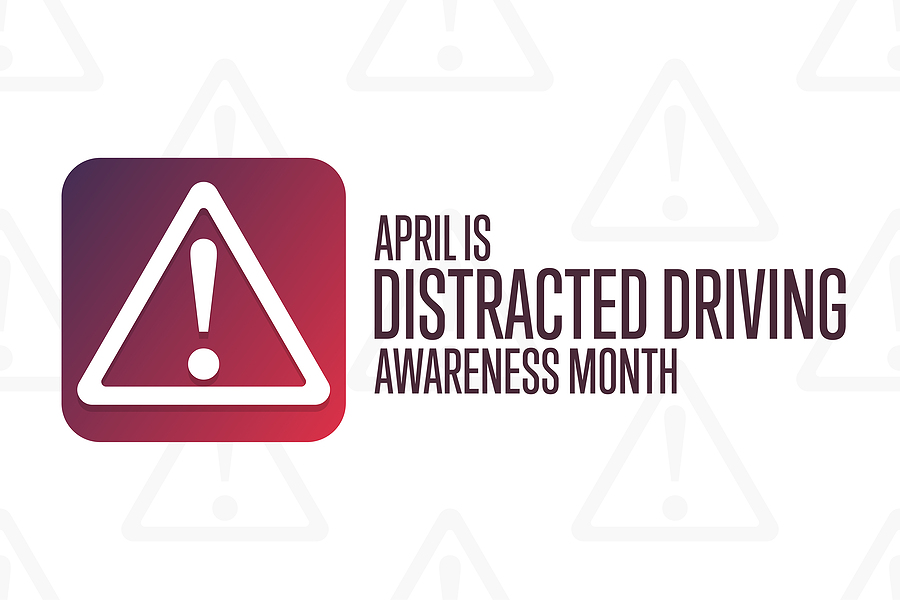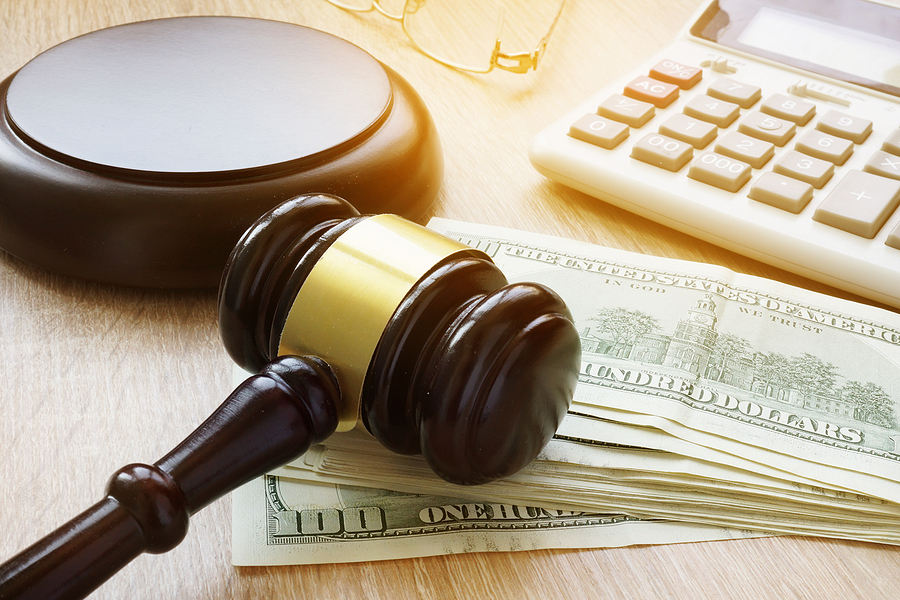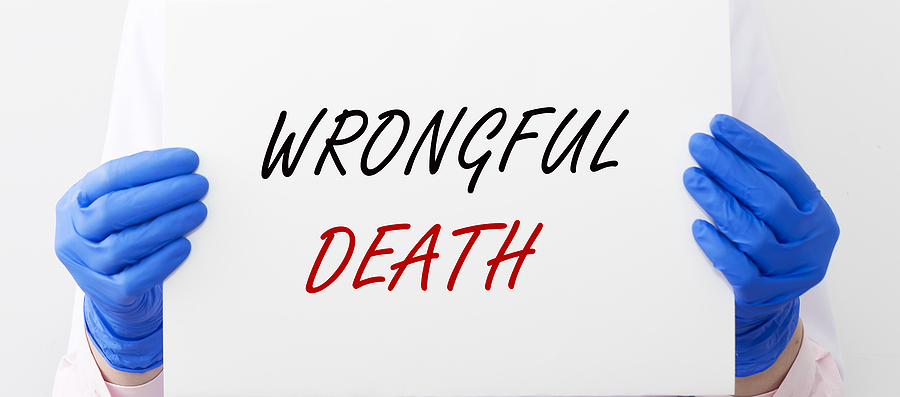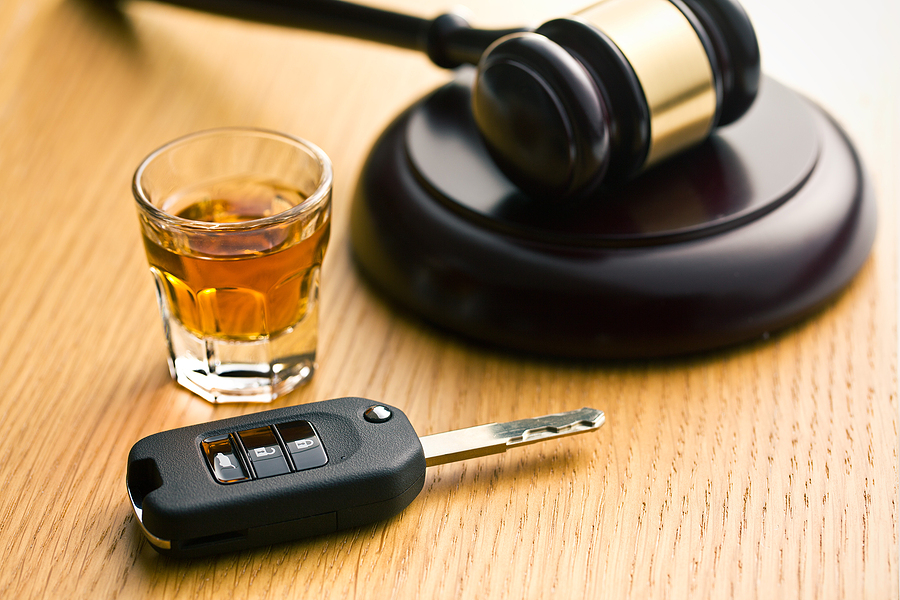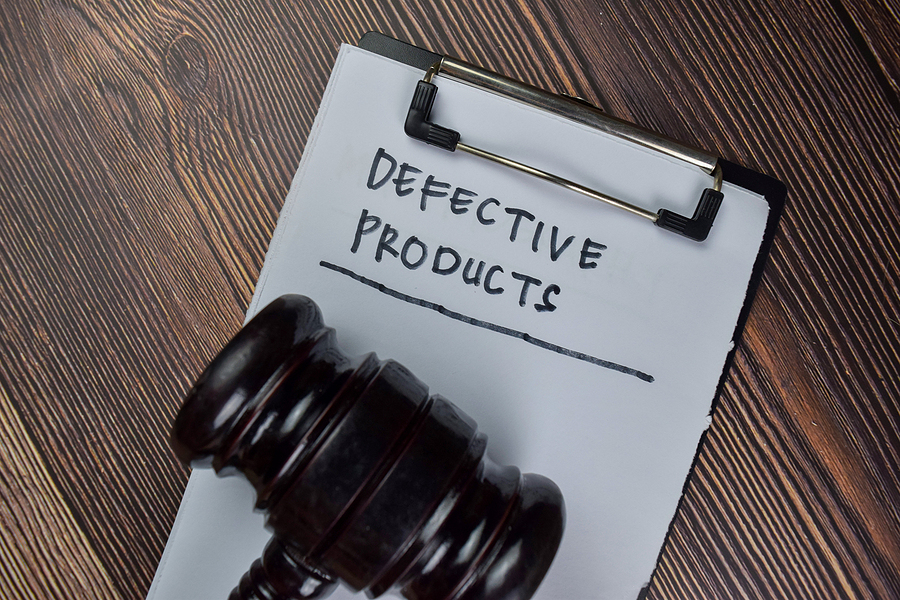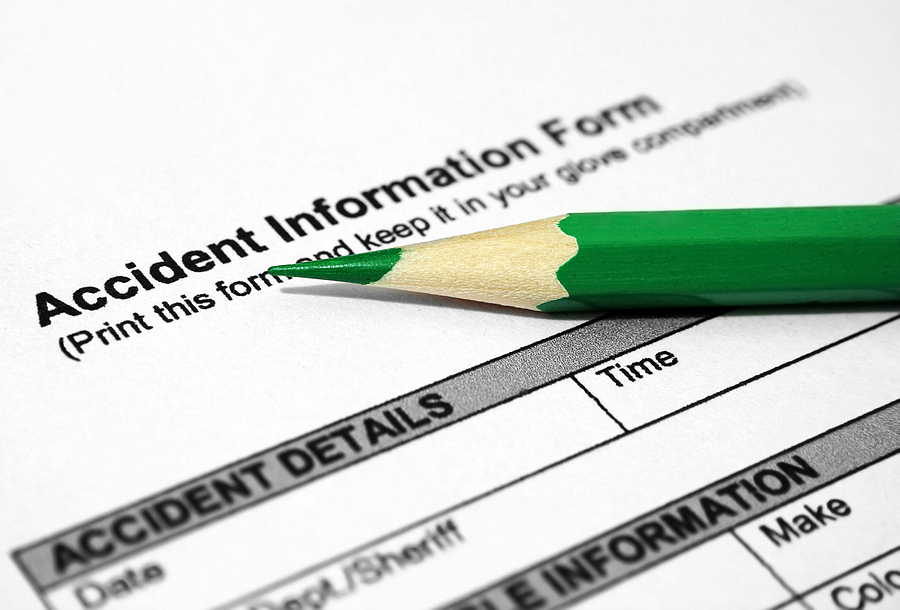Indiana, a pivotal node in the U.S. transportation network, has long been a crossroads for commerce. Its commercial trucking industry is integral not just to the state’s economy, but also to the movement of goods throughout the country. This significant role necessitates stringent regulations to ensure the safety of both truck drivers and the public they share the road with. In this comprehensive review, we’ll explore the ins and outs of Indiana’s commercial trucking laws, the recent changes that have been implemented, and offer strategies for staying compliant.

Why Complying with Indiana Trucking Laws is Vital
In the web of commercial truck operations, adhering to Indiana’s trucking laws is not just a ‘best practice’, it’s essential. Compliance isn’t only about avoiding fines and penalties; it’s about safeguarding public safety and protecting the industry from the fallout caused by accidents or incidents due to non-compliance.
Violations lead to hefty fines, but the true cost may be measured in loss of life, personal injuries, legal damages, and damage to a company’s reputation, all of which can have long-lasting repercussions. Indiana’s truck driver laws aim to manage the variables involved in truck transportation, from driver health and qualifications to vehicle maintenance and load standards.
Indiana’s Trucking Regulations
Indiana’s Commercial Driver’s License (CDL) and Motor Carrier Safety Regulations (MCSRs) align with the federal requirements set by the U.S. Department of Transportation. These regulations cover almost all aspects of the trucker industry, but two of the most critical are the hours of service (HOS) and weight limits.
Hours of Service (HOS)
HOS regulations are in place to prevent the operation of commercial motor vehicles by fatigued drivers, the leading cause of many truck accidents. Intrastate drivers in Indiana have to adhere to the state-adopted federal regulations, which include an 11-hour driving limit and a mandatory 30-minute break after eight hours of driving.
Weight Limits
Indiana has specific weight limits for commercial trucks, depending on the number of axles and the distances between them. Weight limits are carefully calculated to help ensure that the truck’s cargo is distributed safely and will not cause undue damage to state-maintained roads and structures and to help limit stopping distances.
The Ever-Changing Landscape of Indiana Commercial Truck Laws
As the commercial trucker industry evolves, so do the laws and regulations that govern it. Recent updates to Indiana’s trucking regulations include changes in HOS exemption rules for utility service vehicles and the introduction of electronic logging devices (ELDs).
These changes reflect a broader trend across the nation in digitalization within the truck driving industry. ELDs are now mandatory in most situations, replacing paper logs, and not only enhance efficiency but also enforce stricter adherence to HOS limits.
Legal Ramifications and Truck Accident Liability
Trucking accidents have complex liability determinations due to the multitude of potential parties involved. Liability could fall on the driver, the trucking company, the owner of the truck and trailer, the shipper or loader of the cargo, or the manufacturer of the vehicle or other parts involved.
Navigating truck accident liability cases in Indiana requires a deep understanding of local and state laws, federal regulations, and the unique legal precedents that have been set in Indiana courts. Legal representation with expertise in trucking laws is indispensable for both plaintiffs and defendants. Talk to a truck accident attorney if you have been injured in a commercial trucking accident.
Staying on Course with Indiana Truck Driver Laws
To avoid the pitfalls of non-compliance, it’s crucial for truck companies and drivers to stay informed of the latest changes to Indiana truck driver laws. Regular training and professional development for drivers, clear communication of new regulations within companies, and the utilization of industry-specific resources are all part of an effective strategy.
It’s also vital for such professionals to establish a robust monitoring and reporting system to ensure that compliance is maintained, and records are kept meticulously. Partnering with legal advisors who specialize in commercial truck operations can provide companies with the guidance and support needed to stay current.
IN SUMMARY
The future of commercial trucking in Indiana is likely to be shaped by advancements in technology, changes in consumer expectations, and a continued focus on safety and environmental concerns. The state’s laws will undoubtedly evolve in response to these shifts, and industry stakeholders must remain agile and prepared to adapt.
Navigating Indiana’s commercial truck laws isn’t just a duty; it’s a shared commitment to safety and excellence. It’s about ensuring that the goods continue to flow without disrupting the lives they sustain and keeping all persons safe on the roads. Compliance and understanding aren’t just legal mandates—they’re the bedrock of an industry that keeps America moving.
For those who have been the victims of large truck accidents, it’s important to understand the legal options available. If a negligent or non-compliant trucker or their employer has caused you harm, it’s time to seek justice. Consulting with a truck accident lawyer experienced in Indiana’s specific laws can be the first step towards recovery and compensatory action.
Were you or a loved one recently injured in a trucking accident due to another’s negligence? Contact the Law Office of Craven, Hoover, and Blazek P.C. at 317-881-2700 to schedule a free case evaluation with a seasoned commercial truck accident lawyer in Indianapolis, Indiana. Meet with us over the phone or online video conference, or in person at our Indy office. We can also meet at your place of inpatient medical treatment. We do not require any upfront lawyer fees, and only get paid if we recover a settlement or an award for you.
Related Posts:
Critical Steps to Take Immediately After a Big Truck Accident
What You Need to Know About Your Rights After a Semi Truck Collision
Should I Hire a Truck Accident Lawyer in Indiana?

